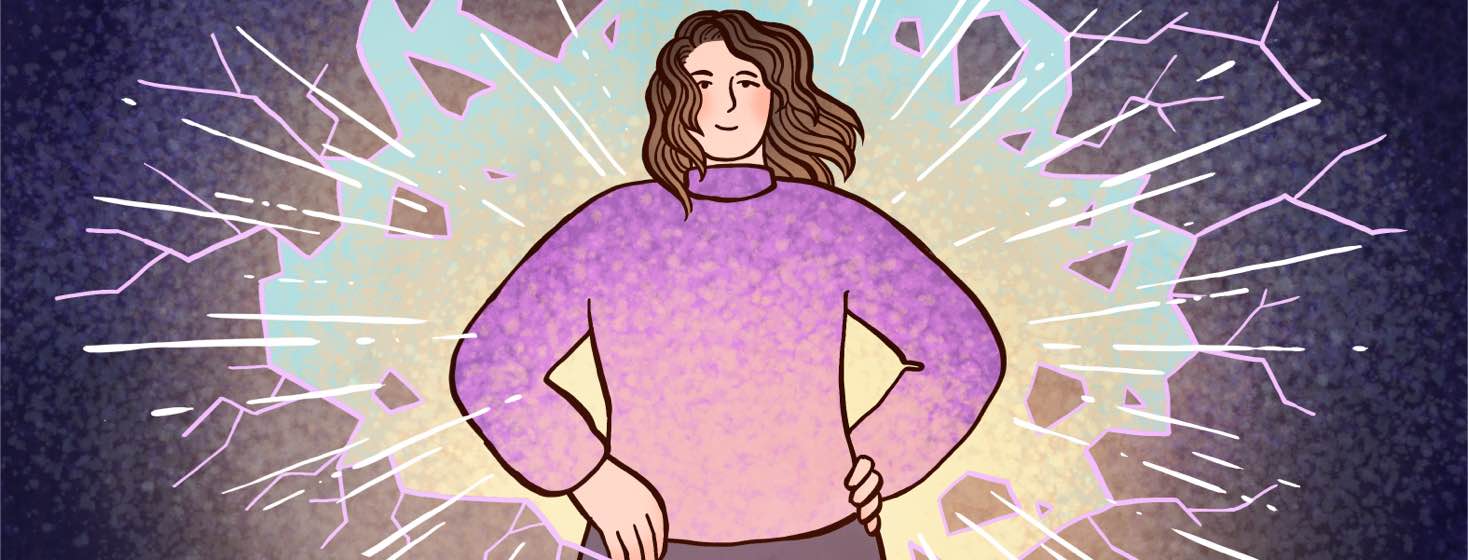Rare Diseases, Disability, and Self-Identity: I Am More Than My Condition
I didn't always see myself as someone living with a rare disease. For years, I fought to hold onto the life I had before my diagnosis. When my symptoms first appeared in my early twenties, I treated them as a problem to solve, a puzzle that, once completed, would bring me back to "normal."
But that version of my life slowly slipped away. My days became consumed with managing treatments and adjusting routines. Every decision—from when to rest to what I could handle—was dictated by my condition. I resisted the idea that this was permanent, that my reality had changed.
It wasn't until I attended my first support group meeting that I began to see things in a different light. Hearing others share their experiences—so similar to mine—made me realize I wasn't alone. For the first time, I felt understood. Yet, even then, I hesitated to claim this identity. I didn't want to be seen as "someone with a rare disease." I wanted to be seen for who I am.
The unseen burdens of living with a rare disease
One evening, after spending the week catching up with my partner, I looked around my apartment. The sink overflowed with dishes, and the fridge stood empty. I hadn't noticed until the quiet returned, and I was alone with the exhaustion.
This is what living with a rare disease often looks like: a constant trade-off. To make space for one thing, something else must give. That week, I'd chosen connection over chores, spending my energy on a relationship instead of attending to the basics of daily life.
Not everyone understands this balancing act. An ex-friend once told me, "You can't blame everything on your condition." Their words stung, not because they were right, but because they were so wrong. They didn't see how much effort it took for me to keep going, to show up, to do the things most people take for granted.
The price of hiding my struggles
For years, I've hidden my struggles from the world. It's easier that way—less explaining, fewer questions, no awkward looks of pity. But hiding comes at a cost. It reinforces the idea that I have something to be ashamed of, that my condition is something to keep secret.
The truth is more complicated. I've faced rejection and misunderstanding from some, but I've also found compassion and solidarity within the rare disease community. Both are true, and both have shaped the person I'm becoming.
Now, I want to live differently. I want to advocate for myself with confidence and stop pretending I'm fine when I'm not.
A journey toward acceptance and self-worth
Living with a rare disease is messy and unpredictable. Some days, it feels like an endless list of limitations. Other days, it's a reminder of the strength it takes to navigate a world that doesn't always make space for people like me.
I'm learning that my worth isn't tied to what others see or how much I can hide. The exhaustion behind my smile and the sacrifices behind my presence don't define me; they're simply part of the story.
My condition shapes my life, but it doesn't define my identity. At my core, I am still me.

Join the conversation